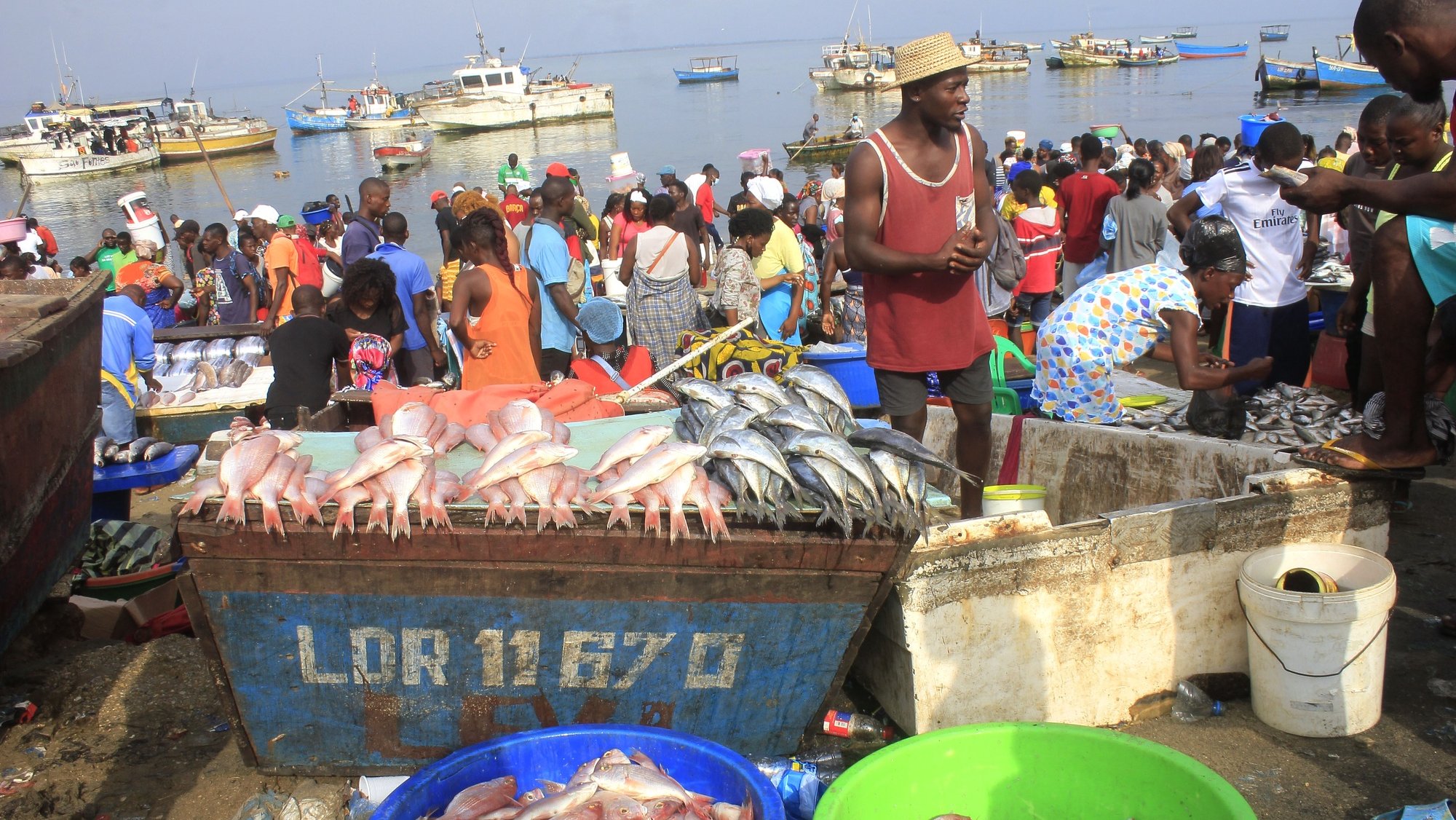In addition to the reduction of the fish, especially in recent months, the fishermen of the island of Luanda face new threats to their way of life, facing assaults on the high seas, carried out by armed men. For these artisanal fishermen, going out fishing has been, in recent times, a risk to their lives, as a result of the attacks they say they suffer on the high seas. Many have already been settled with the death of companions, they say, in statements to Lusa.
But the search for bread does not stop the journey of the owners of artisanal fishermen who only breathe a sigh of relief when they return to the coast with some fish in small boats.
“At first, at sea, in 24 hours, we had no problems, now we are seeing different men, with different masks at sea, we are seeing robberies at sea,” Adão Domingos Pedro told Lusa. The 43-year-old fisherman does not hide his fear of losing his life and assumes that robberies on the high seas are the main risk today.
“In the past, we did not work with this concern. We worked freely and we did not have the difficulty of armed robberies”, said Adão Domingos Pedro, who has been at sea for 26 years. The reduction of the catch, which has been recorded in recent months, is another concern of the fishermen in the well-known salting area, in Ilha de Luanda, urban district of Ingombota.
Tuna, carapinha, marionga, lambu (sardines), kimbumbu, rooster fish, malasso make up the variety of fish caught in these waters and that fill the more than two dozen artisanal boats that dock in the area from the first hours of the day.
After three months off due to low catches, Bernardo Francisco de Jesús, 39, recently returned to the sea. He believes that the situation “now tends to improve”, despite the endemic crisis. The fisherman says that the problems lie, above all, in the threats that many of his companions have received, remembering that, on the boat in which he previously worked, more than a dozen ended up dying.
“In the sea there are difficulties because of the people who go to sea to threaten the fishermen. On the boat I worked on last year, my colleagues were robbed, there were 15 young people and they came armed and took 15 boxes of fish,” he denounced. According to the fisherman, the administrative and maritime security authorities are aware of the increase in thefts that take place at sea, and “reinforced the inspection.”
With more than three decades in fishing, Manuel Chiongue, 51, also lamented the insecurity, considering that thefts occur mainly in the north, where there are large schools. “We are in the cold climate and the fishing has decreased a little. We have places where we sometimes fish, in the north, but on those days we don’t go for the marginal ones who went into the sea,” he said.
To fish in the north, he continued, dozens of boats are needed -between 40 or 50- to inhibit criminals. “Yes, because there are already other brothers who were killed by these criminals and now we are afraid of losing our lives,” he said, confirming the poor capture of recent months and pointing to the months of October, November and December. as the period with the most captures. “With this cold, there are places where there are (swordfish), but you have to travel many kilometers,” he stressed.
Despite concerns about theft and the resumption of capture in acceptable quantities, the demand for fish in the salting area is high, an activity dominated by women, the well-known “zungueiras”, who buy the fish to sell it wholesale. minor.
The price of a box of fish ranges from 3,000 kwanzas (6 euros) to 7,000 kwanzas (15 euros) depending on the size, while retail prices range from 2,500 kwanzas (5.5 euros) to 5,000 kwanzas. kwanzas (11 euros) depending on size. The scene of the demand for fish is also visible in the well-known beach of Mabunda, urban district of Samba.
Source: Observadora
